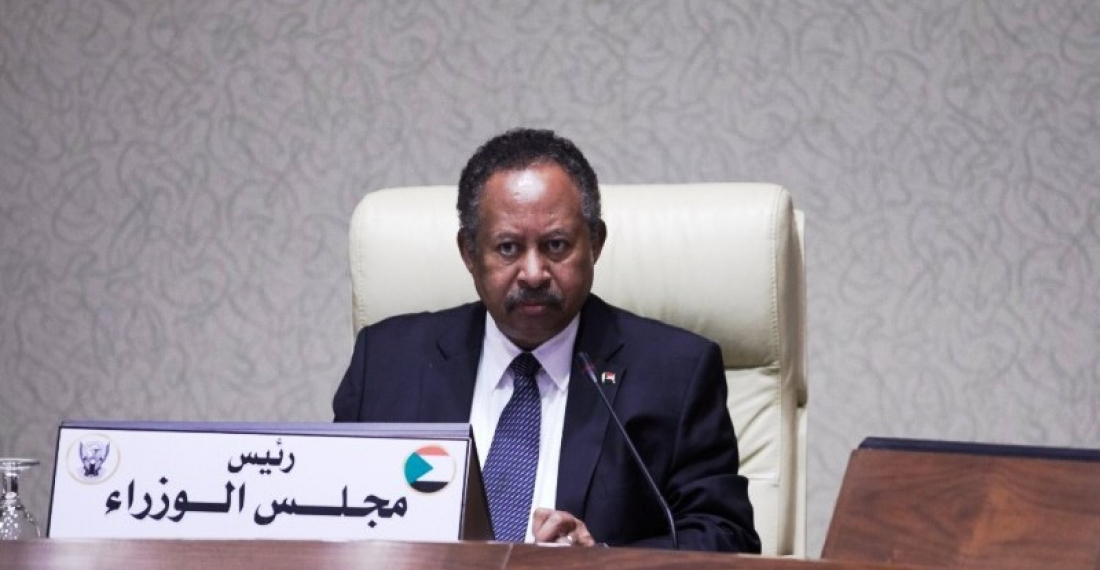The Sudanese prime minister, Abdulla Hamdok has told a group of national political and civil society figures that he intends to resign today (22 December). The group had called on Hamdok to stay in office but sources claim he insists on leaving.
Hamdok was recently reinstated after a coup attempt by the military which resulted in heavy internal and external pressure on Sudan’s military rulers to return to the transitional government that had been in place since 2019.
Read: Protesters resist Sudan's coup
Protests have been ongoing in Sudan since the removal of the former president, Omar Al-Bashir, in 2019. Security forces often respond to these protests in a violent manner. Recently, Sudan again witnessed both pro and anti-military protests.
Hamdok had previously said that he would return to the office on condition he could secure political support, and if the agreement with the military was enforced. The agreement provided the military to release political detainees, protect freedom of expression and allow Hamdok to independently appoint a new cabinet. Hamdok had already warned that Sudan was inching towards “the abyss,”
Earlier this week, protesters took the street to celebrate the second anniversary of the ousting Al-Bashir. Since then, Sudan’s civilians and military have been locked into an uneasy power-sharing relationship.
Critics warn that the power-sharing agreements, both in 2019 and the one struck between Burhan and Hamdok last month, have several flaws particularly in the power balance between the military and the civilians, and the ability of the military to intervene in civilian affairs.
Source: commonspace.eu with Al Jazeera (Doha), Reuters (London), BBC (London).
Picture: Sudan’s prime minister, Abdulla Hamdok; Twitter: @Hash_Sudan.






